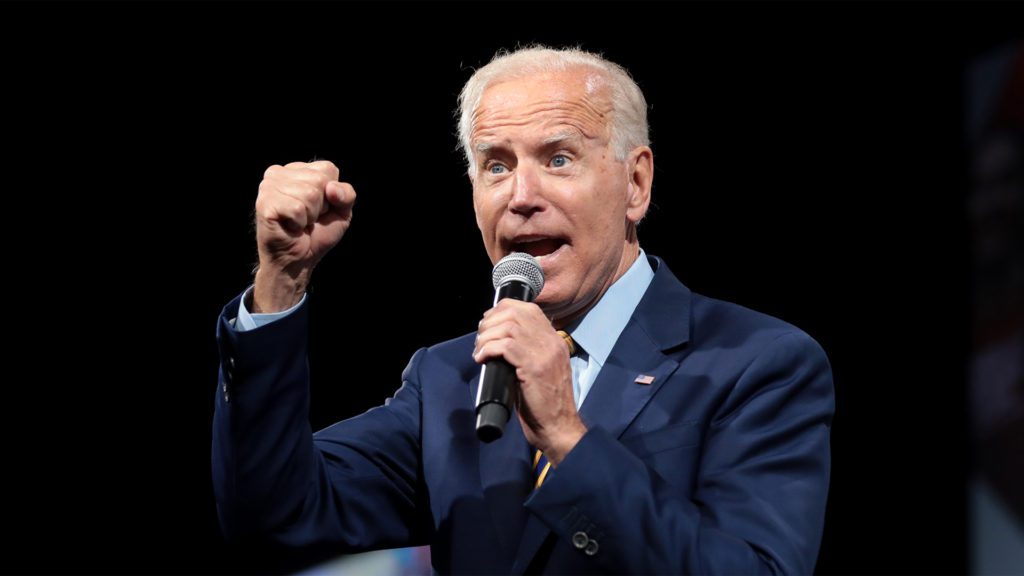Unable to pass the New Green Deal through Congress, Joe Biden has utilized his regulatory authority to force the radical environmental agenda onto companies.
The goals of the Green New Deal are to produce 100% of our power using zero-emission sources while investing in electric vehicles and maximum energy efficiency. These new regulations from the Biden administration have the same goals.
It could also come close to the same costs as the Green New Deal had an estimated price tag of $93 trillion over the next decade and cost families about $65,000 a year.
Biden has unveiled sweeping regulations affecting home appliances, building standards, fuel economy, and government-backed projects including infrastructure during its first 15 months in power, according to the Daily Caller. Experts have slammed the myriad federal rules, saying they will lead to higher prices, hurt consumers amid soaring inflation and mainly serve as a backdoor for broad environmental restrictions.
“They’re basically using environmental laws to create backdoor subsidies,” Brent Bennett, an energy expert at the Texas Public Policy Foundation, told the Daily Caller News Foundation in an interview.
“The problem is that our laws are so broadly interpreted and defined that it makes this possible,” he added. “It allows for this kind of abuse. So, that’s really the root of the problem — Congress didn’t pass good laws and now those laws are being abused.”
Biden officials are celebrating the burdensome regulations that essentially force the New Green Deal through. For example, Biden is pushing more regulations on appliances such as refrigerators, ceiling fans, air conditioners, dishwashers, and ovens.
“We’re actually going to do 100 rules this year alone on appliances,” top White House climate adviser Gina McCarthy remarked during a recent speech.
Just as problematic, Biden has proposed numerous regulations under the 1969 National Environmental Policy Act (NEPA). It would require federal agencies to consider the “direct,” “indirect” and “cumulative” climate impact of any proposed action or project requiring permitting approval.
The White House claims the regulations would improve environmental standards. However, experts and industry groups raised serious objections saying it creates unnecessary roadblocks for key energy and infrastructure projects at a time when energy costs are through the roof.



